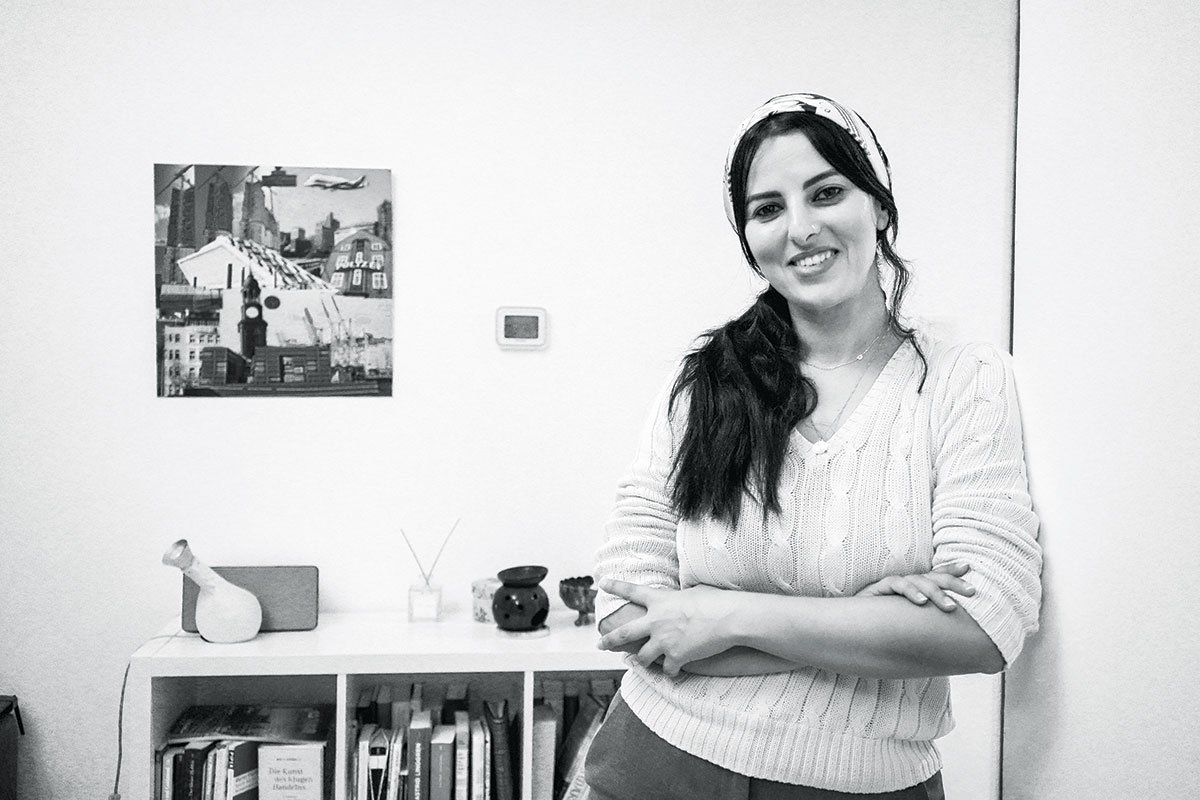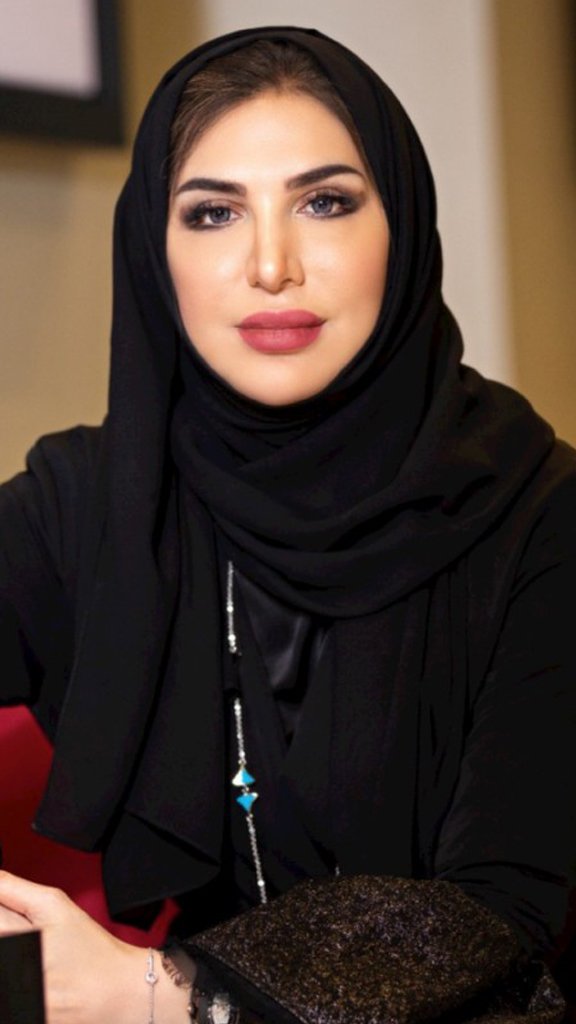Bringing Girl Power to the Middle Eastern Countries
BY ARIANA TAVAKKOLI, GRADE 6
Did you know that girls living in certain parts of the Middle East aren’t allowed to go to school? Living in the Middle East as a woman means that you are not afforded the same rights and privileges as men. Despite this inequality, there are women who have been able to break the glass ceiling by becoming founders of large companies with global influence. In this article, we will discuss a few of these female trailblazers, as well as the women's rights struggle in the Middle East.
Career opportunities for many women in Middle Eastern countries are very limited. Furthermore, the women that are employed in these countries face severe pay equality. For example, in Saudi Arabia, only 22% of women are employed and those who are employed only earn 56% of what their male counterparts make. While pay inequality is a global issue, it is especially extreme in the Middle East due to the systemic gender inequalities in this region.
Women living in Middle Eastern countries are denied equal rights and equal opportunities. Global Citizen named Afghanistan, Syria, Yemen, Pakistan, and Iraq 5 out of the 10 worst countries to live in as a woman. The Middle East is one of the three regions that in 50 years has made the least amount of progress towards gender equality.
This inequality doesn’t only exist in the Middle East. Many other countries discriminate against Middle Eastern women because of their culture, beliefs, and even how they look. Whether these women are in their native country or a foreign one, they still experience unjust treatment.
Asma Ahmad. Arabian Business
As we’ve discussed, it can be very difficult for Middle Eastern women to achieve successful careers due to deeply ingrained gender biases, but there are some women who have managed to break through this barrier by becoming successful entrepreneurs. Asma Ahmad was born in Kuwait and is now the founder of Zaha Experience. Zaha Experience is a social impact business that allows people from different countries and cultures to meet, build relationships, and rethink the way people view others.
Dr. Buthaina Al-Ansari. Laffaz
Dr. Buthaina Al-Ansari is the founder and chairperson of Qatariat T&D Holding Company, which helps women from Qatar grow business skills to support more Qatari females as they enter the business world. She also won L’officiel Qatar’s “most inspirational Arab women of the year” award and was ranked amid 100 most powerful Arab women in Arabian business.
Several other Middle Eastern women have created extraordinary businesses. A few examples of these women include Cynthia Helena Rif, founder of Wit Work; Jumana Al Darwish, founder of The Happy Hearts, The Happy Studio, and Happy Hearts Global; Nour Al Hassan, founder and CEO of UAE based Tarjama; Amal Dokhan, CEO of Global Entrepreneurship Network, KSA; and Elissa Freiha, the co-founder of Womena. Many Middle Eastern women have become successful and are now helping others do the same through their businesses.
Being a Persian-American and having immigrant parents, I have witnessed the lack of Middle Eastern women gaining opportunities due to discrimination firsthand. My goal is to help shape a world where all individuals are treated equally no matter their identity.
This article was written during the GWS Summer Writing Workshop. Taught by the GWS Publication Team, the workshop hosted young journalists in grades 1 through 12, each with a passion for writing and learning. Over five weeks throughout the summer, students brainstormed, researched, outlined, drafted, revised, and ultimately produced an article about a topic related to women in business. Learn more about the workshop here.


